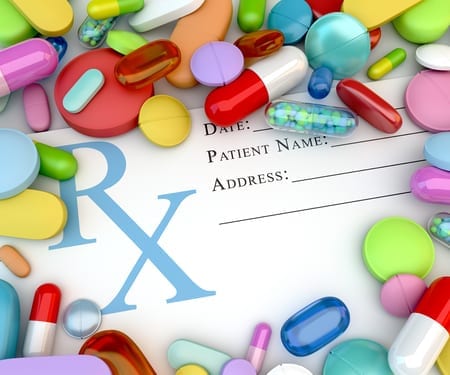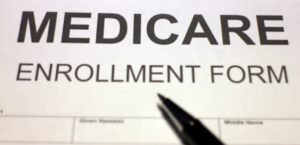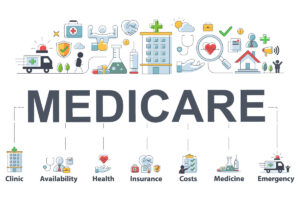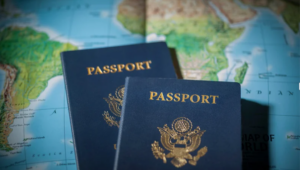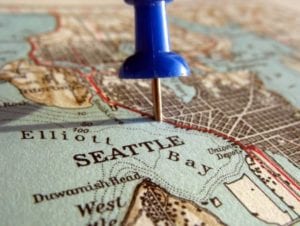Drug Prices Might be a Hail Mary
A lot happens – or doesn’t – happen in Washington because of the power of lobbyists. This is evident in prescription drug prices. The amount of money lobbyists spread around affects decisions. These decisions, in turn, affect us. Unfortunately, some legislators vote according to who supports them the most financially, regardless of whether the outcome is good for the country.
So, who does the public think has even more influence in D.C. than even the National Rifle Association? Big Pharma. In a recent study by the Kaiser Health Tracking Poll, 72 percent of the public said that pharmaceutical companies have too much influence on lawmakers. Only 52 percent think that the NRA is too powerful.
Drug costs too high
The poll also asked about prescription drug price legislation. More than half (52 percent) favor passing legislation to reduce the prices of prescription drugs, saying it should be a top priority for President Trump and Congress. Another 38 percent said this legislation is important but not a top priority. So, nine in ten people believe that something should be done.
Unfortunately, not many believe this will happen. Even though 80 percent of the public thinks prescription drug prices are “unreasonable,” only 39 percent have any confidence that this remedying legislation will occur. GoodRx, an online prescription cost service, estimates that Americans have 4.5 billion prescriptions a year at a cost of $323 billion.
Why are prescription drug prices so high?
A Harvard Medical School study (reported on in 2016 by Kaiser) reveals that high prescription drug prices are the result of politics. Drug companies are a “government-protected monopoly.” For one thing, only in the U.S. do drug companies set their own prices. In fact, in 2003 when Congress created the Medicare drug benefit, the rules prevent Medicare from negotiating drug prices.
The U.S. also has a system of coverage for patented drugs that means a manufacturer with a patent on a particular drug will be the only manufacturer for 20 years.
Generic Drugs
Generics can lower prices significantly, but only if they are allowed. The study discovered that, when two generic versions of a drug are introduced, prices will drop to 55 percent of the brand name price. If five are approved, the price will drop to 33 percent of the original.
President Trump differed from the Republican Party on drug costs when he introduced a proposal that would have drug companies bid for the right to sell their wares through Medicare. This was quickly squelched. Republicans said it would stifle research and development (R&D).
Need for R&D a fallacy
This argument, however, is not valid. The study shows that often R&D is funded by the National Institutes of Health or by venture capital.
Given the power of the pharmaceutical lobbyists, drug prices are not likely to be reduced soon. Given the importance of certain high-priced drugs to Medicare beneficiaries, maybe it’s time to fight back on prescription drug prices…
Keep browsing our site for more Medicare information. Medicare On Video is your comprehensive resource center!


